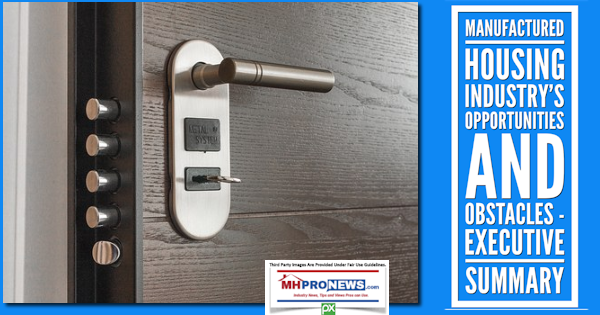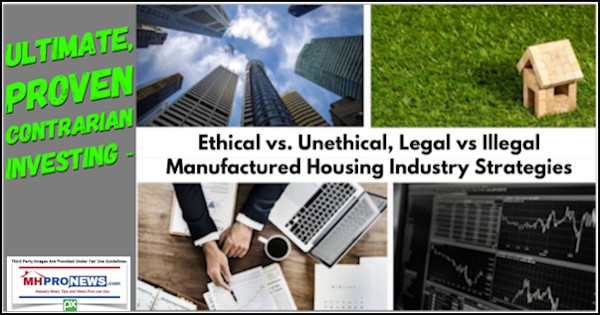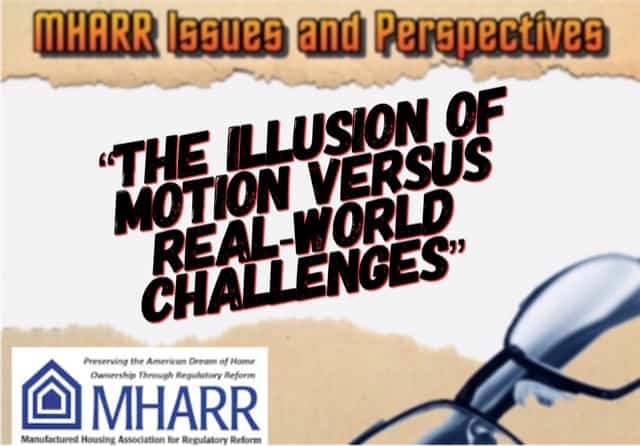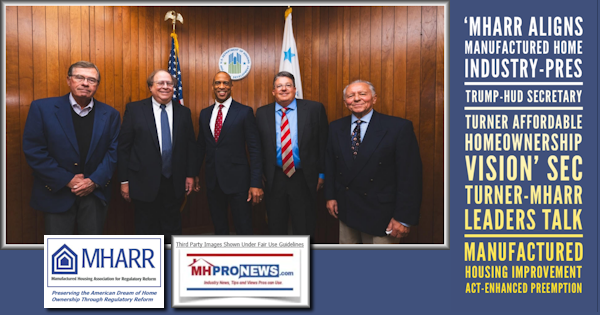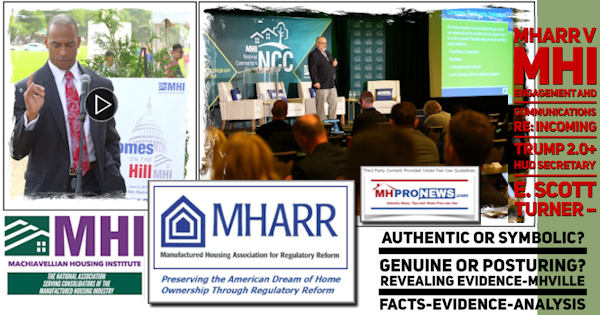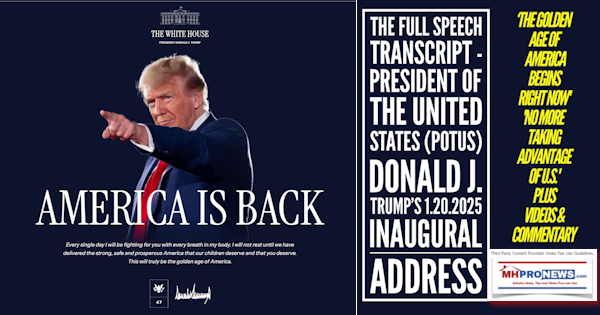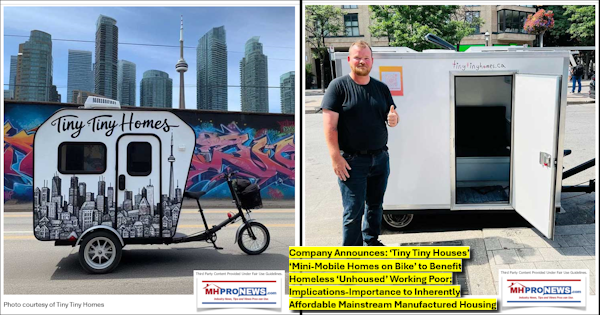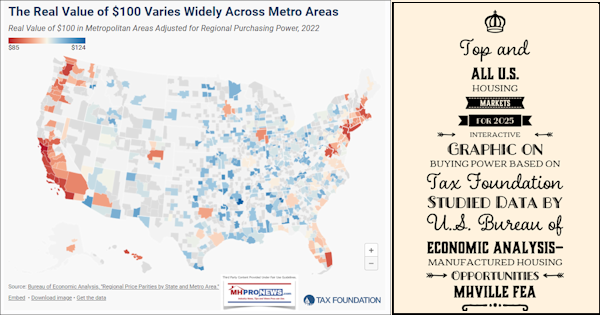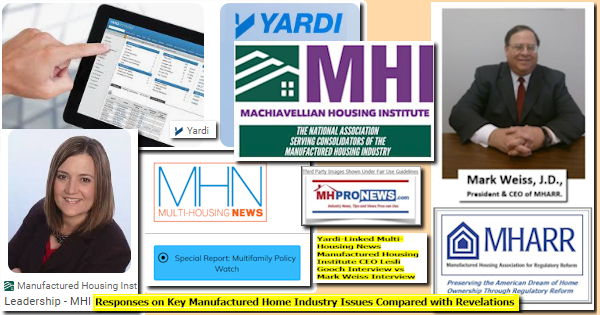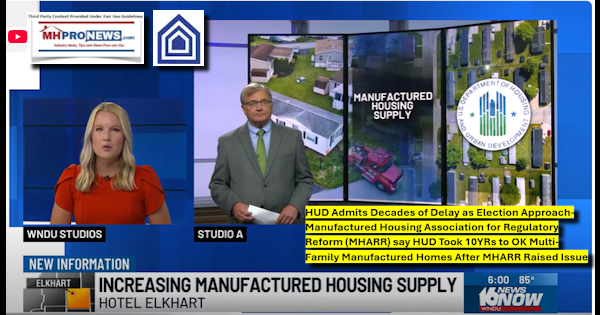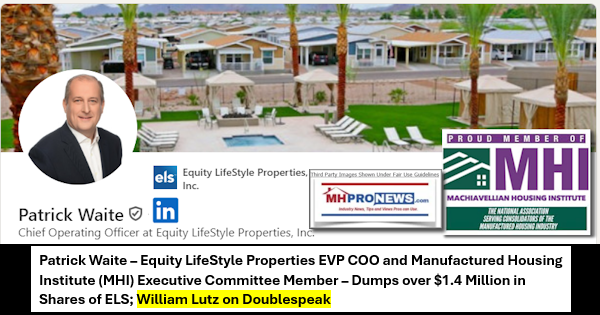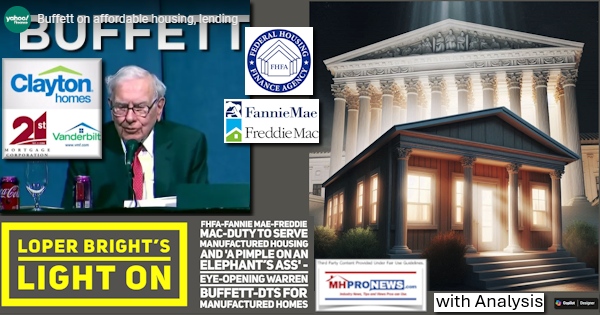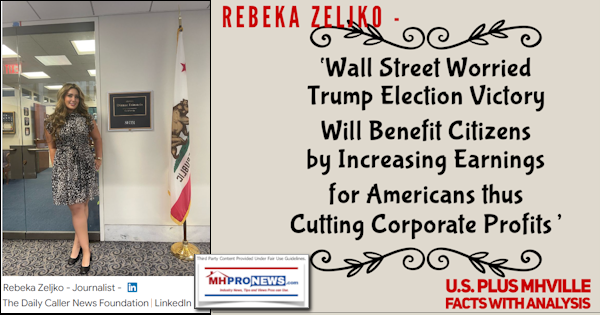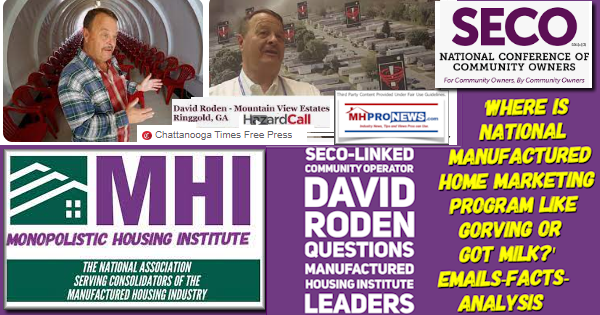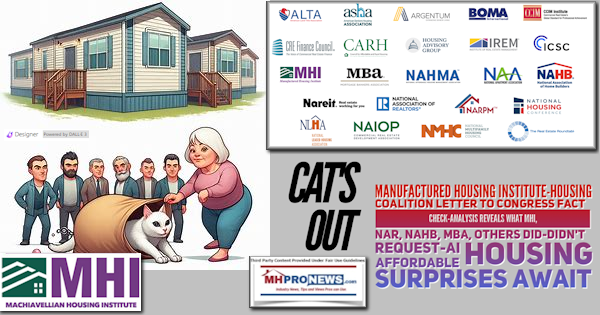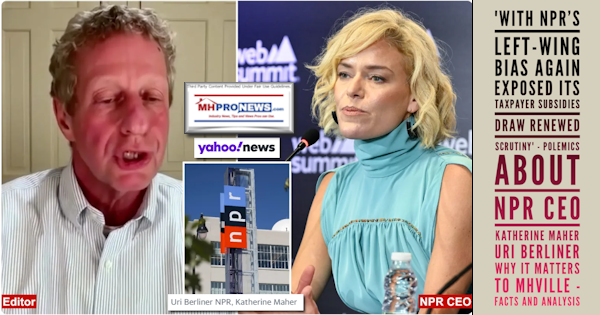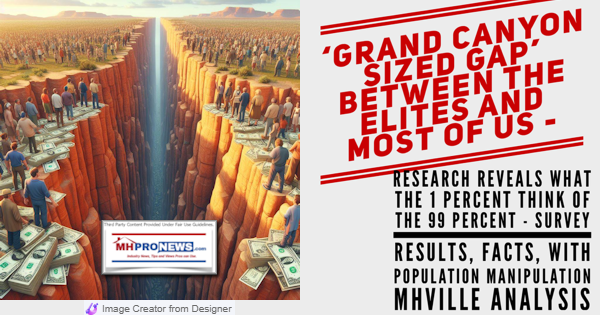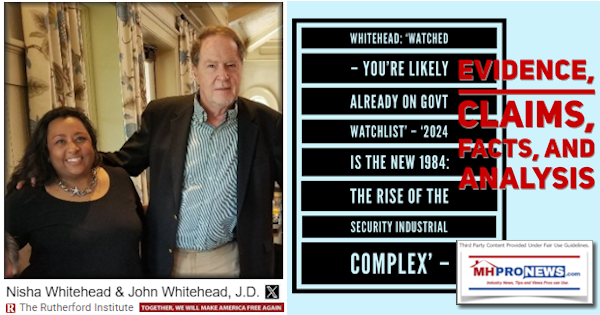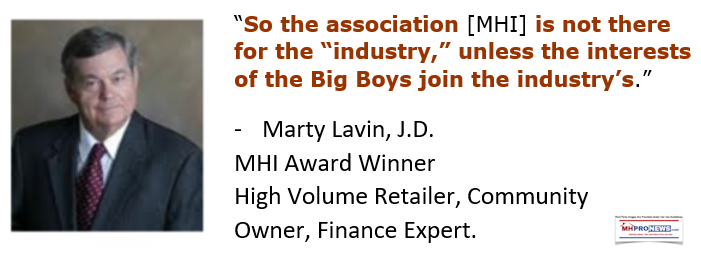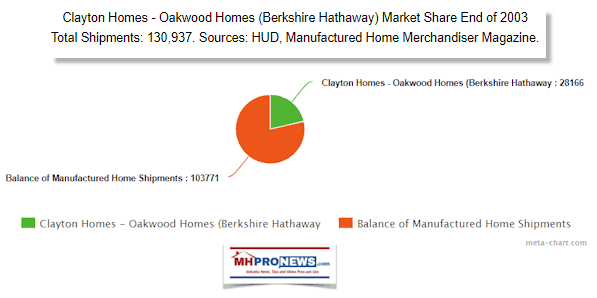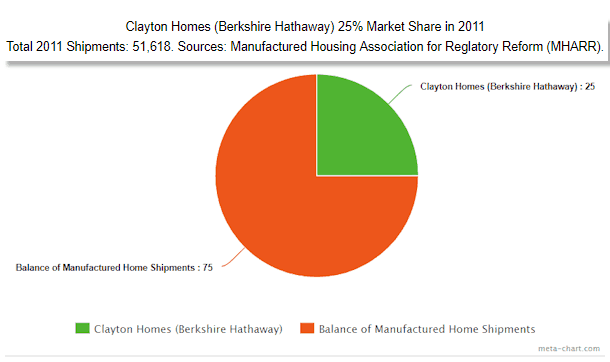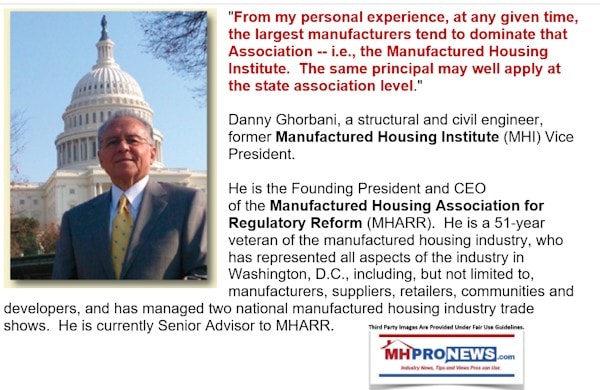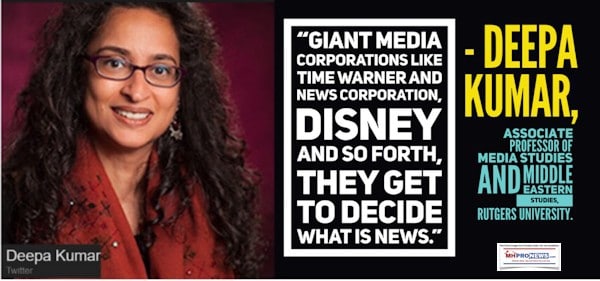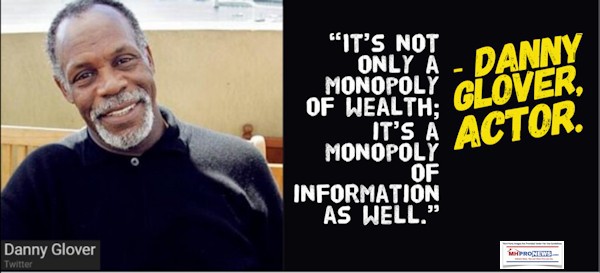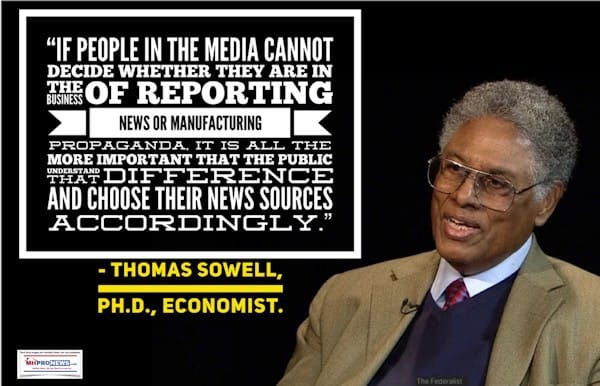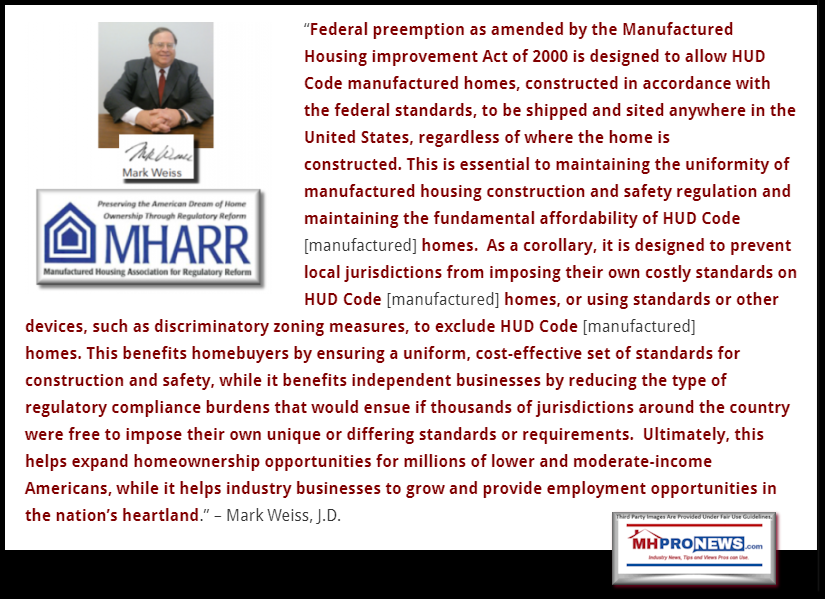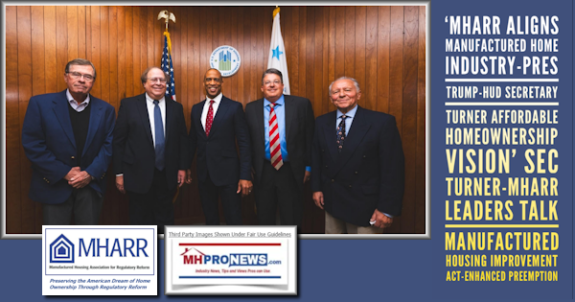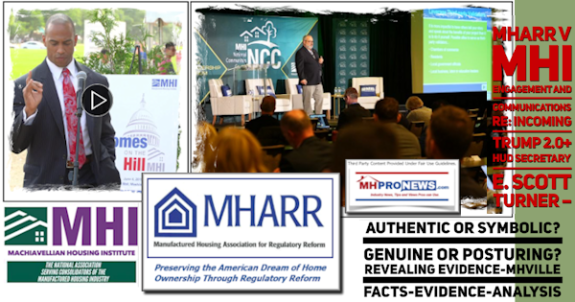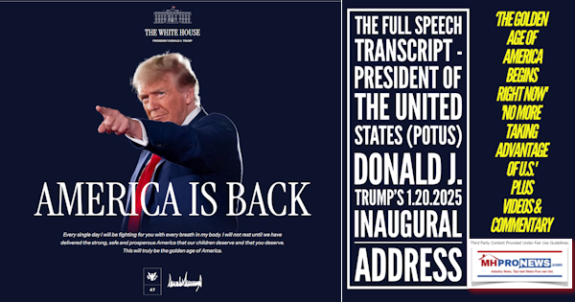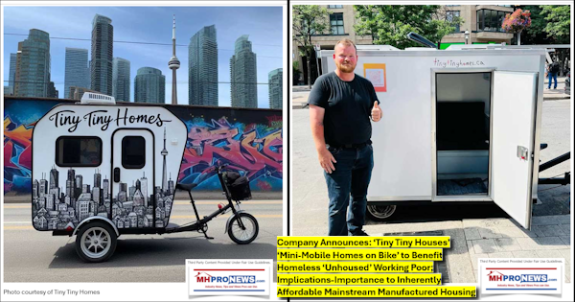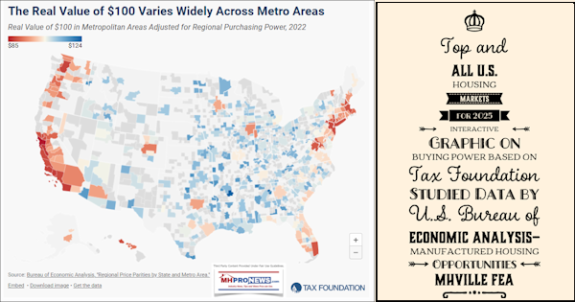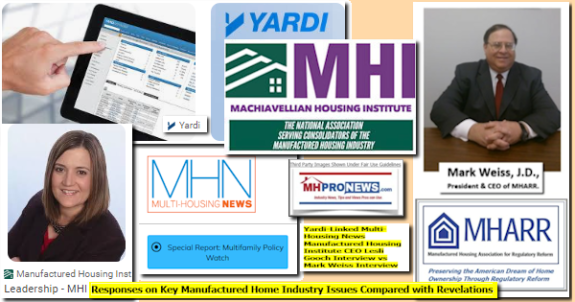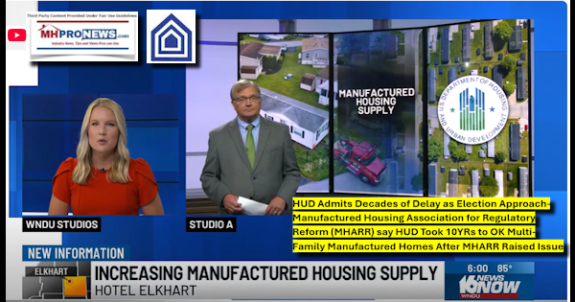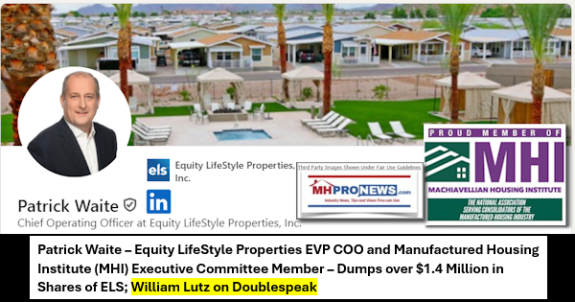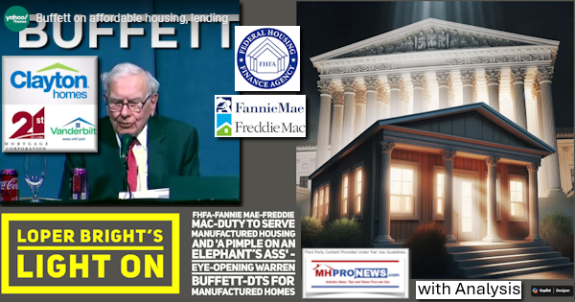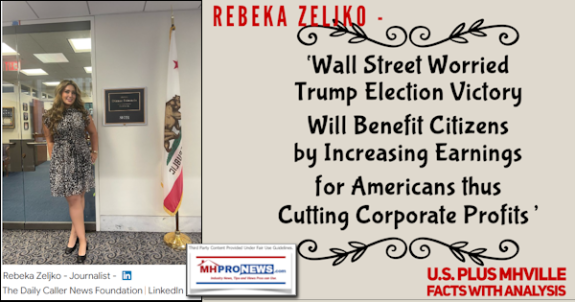Actions speak louder than mere words.
Let me give a personal example in order to make a point that will relate to many others that you will doubtlessly know.
My wife Soheyla Kovach’s dedication to our industry ought to be self-evident to regular readers of MHProNews and MHLivingNews. Trained as a physician, an MD, the complex and challenging circumstances of the pregnancy and subsequent birth of our son Tamas Kovach are known personally by numbers of professionals in our manufactured home industry. Soheyla courageously made the tough choices. Others, perhaps, would have done it differently. She boldly played the cards that life dealt her. After years of dedication to our son’s ongoing health needs, his education, and our family-owned LLC’s business, she finally carved out time for taking and acing her citizenship test. The day she took her oath of citizenship is a proud day for her and our family. She is now able to pass from ‘supporting’ a candidate to being able to vote for one.
When you work for and earn a right, that’s sweeter than one just handed to you.
As proud of her as I am, objectively, Soheyla’s story is hardly unique. Millions of Americans and people around the globe have their own tales of life challenges that they have faced with grace, honor, and dignity. Odds are you know several yourself. Or are you living proof of something similar to what she went through?
They are tales of the American dream.
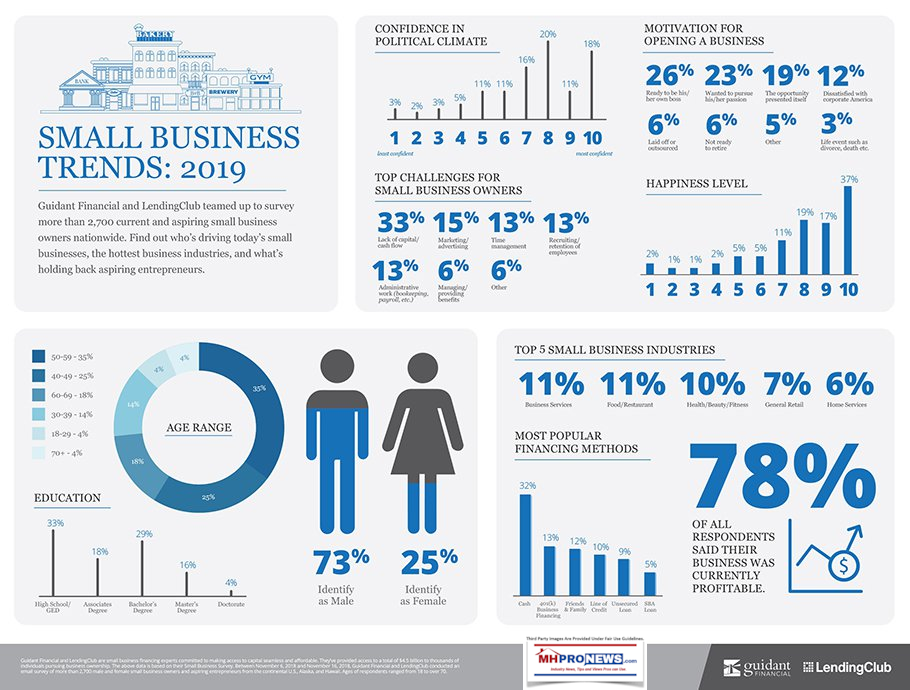
Making Manufactured Housing Great Again
What does that story – or others like it – have to do with making Manufactured Housing Great Again?
Plenty.
From border to border, or from sea to shining sea, there are hundreds of thousands of “mom and pop” sized businesses. There are still tens of thousands of small businesses in the manufactured housing industry. If you went back in time, it is mom and pop shops, which sometimes take on other familial or partner configurations, that made America an economic powerhouse.
The American Dream isn’t only about home ownership. It is also about the ability for women or men of whatever background, faith, or race to rise up and be all that they can be.
For some, that is achieved by working for others. But there are those in America who want to make it on their own.
Many of the big or medium sized business names in our industry began as small businesses. Indeed, it is self-evident that most businesses until recent times began as small businesses. It is in the more modern American era that big businesses spawned smaller startups, just as giant Amazon has provided seed money for modest start-up, Plant Prefab.
Long before Soheyla and I met, I was already active in manufactured housing marketing, sales, management, and business ownership. I’d already owned and lived in nice, new conventional housing as well as manufactured homes. I worked with others, some of whom still know us and periodically stay in touch. Never perfect, but be it the Better Business Bureau (BBB), sales performance, or other outside metrics — our results as reported by others — then or now, the work has stood the test of time.
But once more, that is true for thousands of independents that remain in our industry today. Rephrased, we are not so different than many of our readers.
If manufactured housing will become great against, it arguably requires giving oxygen to start ups and established firms that are smaller than the giants in our industry. We have no problem with wealth honestly earned. We do object to those who are rigging the system, arguably manipulating or breaking laws that de facto result in establishing potent economic and strategic Moats that deliberately choke out other businesses.
I personally understand the angst that can arise when a new competitor comes to town. Been there, done that, and have those tee shirts and ball caps. But not only is competition healthy, so long as the competition is honest and ethical, but it is an opportunity to do even better.
Stop and think. There are several smart phones now, not just the old original iPhone. Competition is demonstrably good, but it must be monitored to keep dirty tricks from harming the interests of consumers and independent businesses alike.
Let’s look at how that applies to our industry.
When was manufactured housing healthier?
Answer?
- When there were dozens of more producers of HUD Code manufactured homes.
When was the manufactured home communities sector healthier?
- When there were hundreds and thousands of more community owners developing new land lease or fee simple properties.
When was the industry healthier?
- When independent manufactured home retailers could be counted by the tens of thousands.
And so, it goes on to transportation, suppliers, installers, service firms, and professional providers of all kinds.
Let’s look at another example.
In the era when more communities were coming on-line, it frankly kept other community operators more honest and fairer with their residents.
Who says? Tim Sheahan, former president of the National Association of Manufactured Home Owners (NMHOA). Perhaps Sheahan has thought about the implications of his own words, or perhaps they were statements of fact that he merely shared in passing. Either way, it made an impact on others, including the writer below who cited Sheahan. See what that community leader linked in the report below had to say.
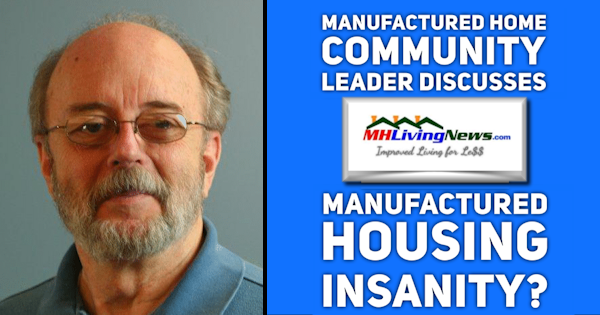
Problems With Your Own Customers and Clients?
It would be difficult to think of an industry that has become great that is at odds with its own customer base.
To some extent, one might point to the automotive industry, where there is often a love of the vehicle, but hate for the sales process relationship between dealers and consumers. But as that pattern became a vexing reality, some dealers set themselves apart by taking the hassle out of car buying. Saturn took it a step further, creating a product line based upon ‘no hassle, no haggle’ pricing. Others on the pre-owned automotive side followed suit. A problem was identified, and free enterprise provided a solution.
But the stress between manufactured homeowners in communities who are now feeling tension, pressure or worse from consolidators is self-evident. That is not to imply that every consolidator is evil or mercenary. It is to state the obvious. The Manufactured Housing Institute (MHI) essentially had to admit the troubles by reminding their white and black hat members of their code of ethical conduct that numbers of the problem-makers in MHVille are members of their Arlington, VA based trade group.
National Communities Council of the Manufactured Housing Institute “Code of Ethics,” SSK Communities Update, Review
National Communities Council, Manufactured Housing Institute, Code of Ethics, Nathan Smith, photo, MHI executive commitee leadership, SSK Communities, Update, Review
But is the damage done to MHI’s reputation already passed the point of no return?
Time will tell. But one need look no further than the John Oliver viral video errantly named “Mobile Homes” to realize that every firm in that video had ties to MHI. Ouch. In the aftermath of that, several lawmakers – often Democrats – stood up to say how wrong those business practices were. Note that it was MHProNews which along reported – based on insider tips – that trouble was coming based on the MHAction white paper. That was before the John Oliver video aired.
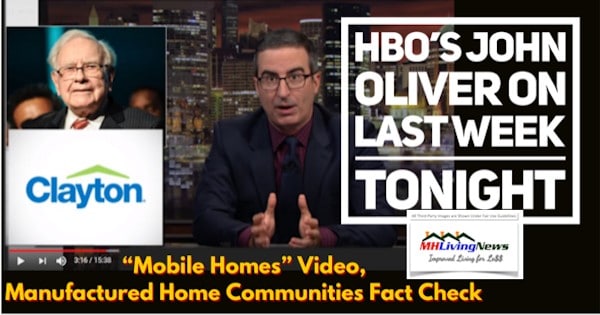
One need not look beyond who published that white paper that formed a key part of Oliver’s ‘report’ to realize just how twisted manufactured housing’s landscape has become. MHAction is one of the three nonprofit brands associated with that white paper shown by John Oliver in his hit video.
As the Golden State Manufactured-Home Owners League (GSMOL) former president, Michelle Smith pointed out, MHAction is funded by the Tides nonprofit.
Who funds the Tides? Their top donor source for years has been another nonprofit, funded solely by Warren Buffett.
Buffett, as most informed industry professionals know, is the chairman of Berkshire Hathaway. Berkshire Hathaway has several brands in manufactured housing. They include, but are not limited to, Clayton Homes, 21st Mortgage Corp, and Vanderbilt Mortgage and Finance (VMF). Buffet led Berkshire brands are widely seen inside and outside of manufactured housing as the power behind MHI. That association does what Buffett’s Berkshire brands want.
As Marty Lavin, an MHI award winner put it, the big boys get what they want.
But MHI and MHAction aren’t the only nonprofits arguably weaponized by Buffett, Berkshire, or Clayton related funding. Other state associations, the RV MH Hall of Fame, regional trade groups that may host MH shows, Next Step, and more are in that web of influence and power.
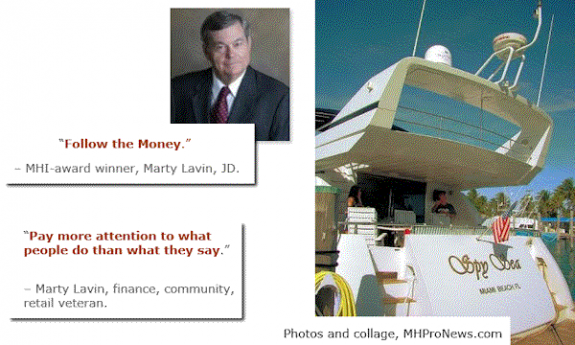
Some examples are documented in ‘follow the money’ and ‘follow the evidence’ fashion below.
Prosperity Now, Nonprofits Sustain John Oliver’s “Mobile Homes” Video in Their Reports | Manufactured and Modular Housing Industry News
For those among the manufactured housing industry’s professionals, state association, or investment categories who stated a hope that the John Oliver video would blow over soon, guess again. “They’re [pro-MHI state execs] all drinking each other’s bath water with no objectivity left, whatsoever,” said a recent news tip to MHProNews included …
Facts are what they are.
If one wonders why Buffett would fund nonprofits that in turn have attacked or fueled virtual or other public assaults his own brands as well as others in the industry, that would be an appropriate inquiry. Having observed and followed the pattern and evidence, it suggests that it is to give the entire industry a black eye.
Why? Because just as higher taxes and harsher regulations favor larger firms over smaller ones less able to deal with the complexities, so too bigger brands with deeper pockets can withstand media or other attacks better than smaller ones.
That may explain why the community leader linked above has asked for a Congressional and other federal inquiries into why and how manufactured housing has been weaponized.
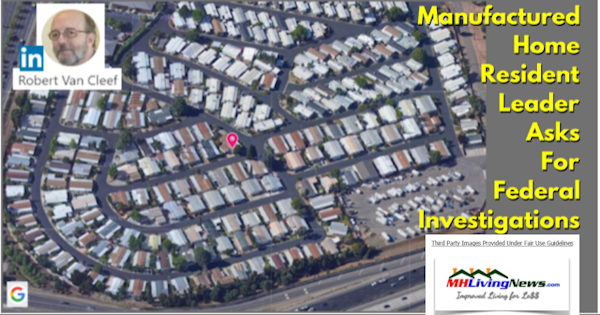
This pattern harms the industry’s customer base, turns off millions of potential customers, and is ironically met be no, or little fig leaf defenses, or ineffective counters by MHI. Coincidences? Or is it part of a plan to undermine an industry that Buffett and his Moat building stratagem has deployed? Is it coincidence too that BH Media Groups dozens of media outlets have done little to clear up misinformation about manufactured housing? Or in some cases foster it?
The MH Industry web today is a tangled one. Thanks to others who supplied pieces of the puzzle, we’ve been able to untangle some key elements. There is enough evidence of antitrust or other purported violations of the law to warrant federal and state investigations.
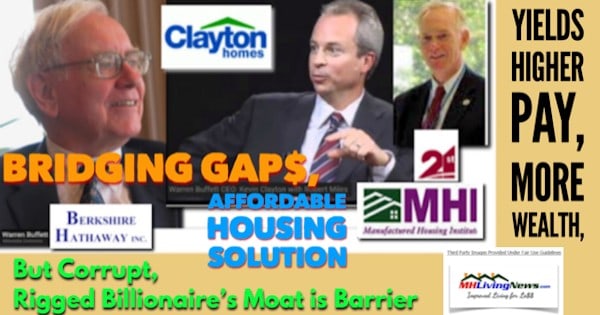
That evidence suggests that MHI is ‘in on it’ – at least by following the MHI Executive Committee orders – can be gleaned from reports like the ones below.
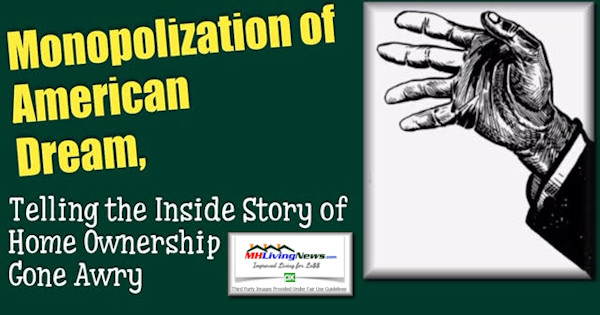
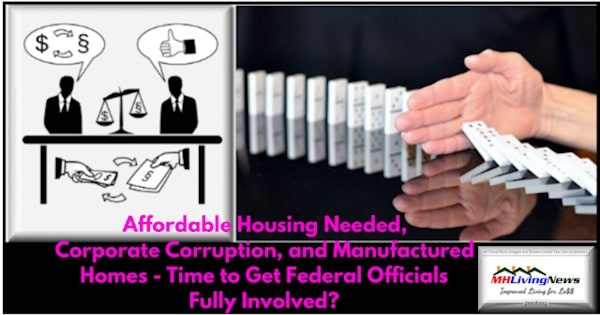
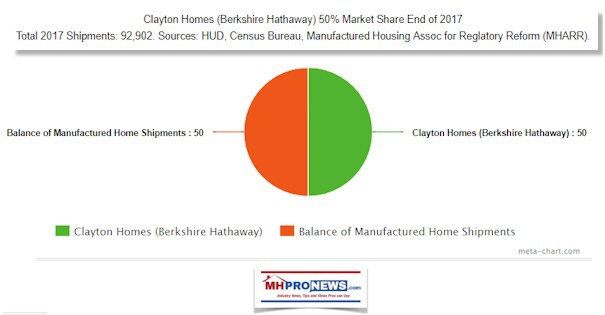
There are others in outside MHVille mainstream media that have documented similar concerns that show a dark behavior, not a light one.
Want to make manufactured housing great again?
First, one must understand just how amazing manufactured housing truly is.
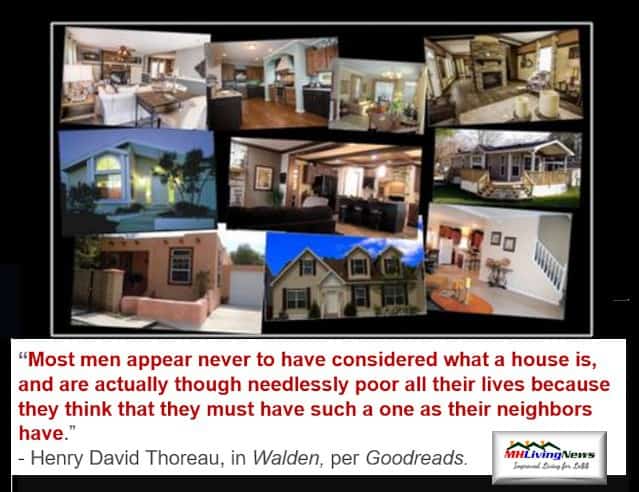
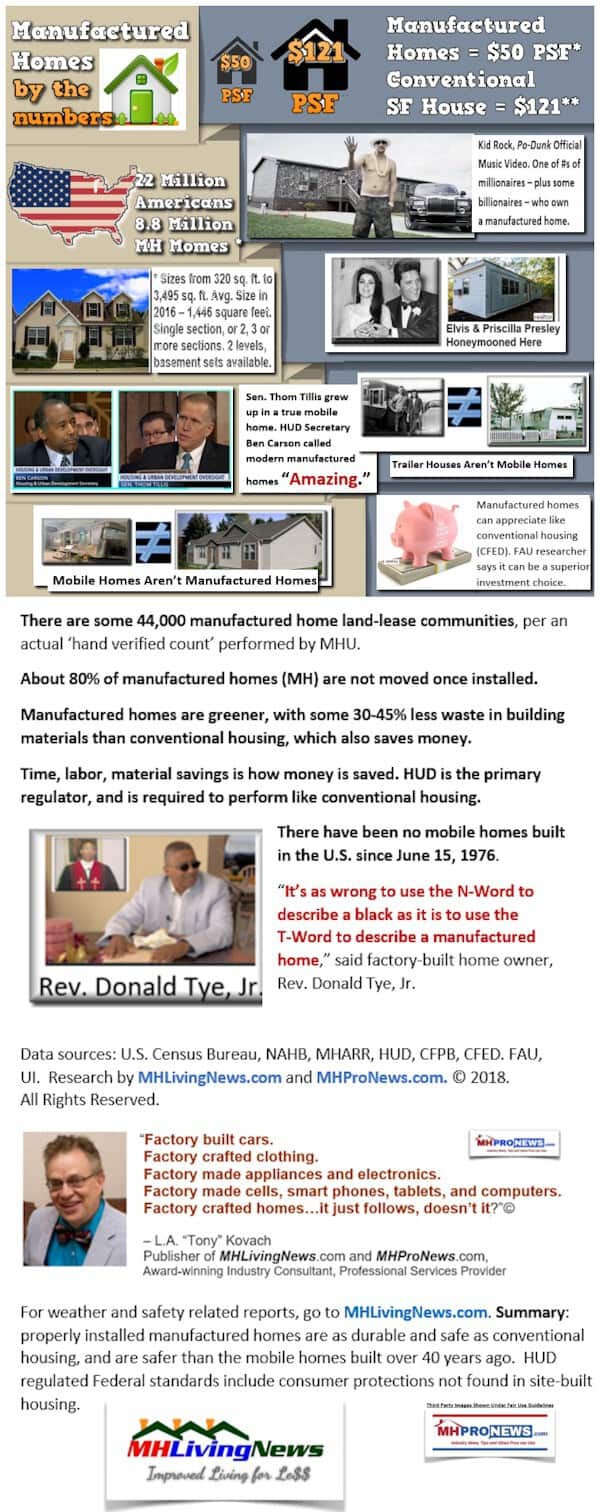
Several steps must occur. In no particular order of importance:
- Relationships between white hat industry professionals and the majority of manufactured home resident/owners should be strengthened.
- White hat firms must create a distinction between themselves and black hat firms.
- Industry professionals must be willing to look at the evidence with respect to associations that they may be involved in. Several are arguably doing the bidding of Berkshire and/or other ‘big boys’ that are often the font of negative, industry limiting behavior.
- Good laws already on the books must be fully enforced. Doing so benefits consumers and white hat operations alike.
- Among those good laws? Enhanced Preemption and other significant – and as yet not fully enforced – aspects of the Manufactured Housing Improvement Act of 2000 (MHIA). The Duty to Serve Manufactured Housing mandated by the Housing and Economic Recovery Act (HERA) of 2008 that required the Government Sponsored Enterprises (GSEs) to provide lending for manufactured homes. Modifications – which arguably can be done by regulators – to FHA Title I, Title II, VA, USDA (Rural Housing) and other federal/state programs could be useful to break the choke-hold that Berkshire brands arguably currently have on manufactured home financing.
- Public investigations by elected officials of how manufactured housing has been twisted to the benefit of the few to the detriment of the many.
- Antitrust and other federal/state investigations to explore concerns over potential violations of extortion by fear, RICO, deceptive trade practices, conflicts of interest, and other legal issues that specific, manipulative organizations have participated in.
- Additionally, it is obvious that businesses must make honestly make as much money as possible while this is occurring.
Just opening formal, public hearings may blunt some of the black hat behavior. But it would be savvy for white hat brands to forge their own post-production alliance. That could be done with or without the involvement of residents and manufactured homeowners. We believe, based on several initial contacts, that such an alliance including some resident group leaders possible. Let’s clearly state that we are not referring here to MHAction.
If so, such an alliance between smaller businesses and consumers either individually and/or in groups should be based upon mutual respect and mutual victories.
- Getting better lending benefits manufactured homeowners and most white hat sellers.
- Getting a better image and accurate information about manufactured homes benefits manufactured homeowners and most white hat sellers.
- Implementing good existing laws will tend to foster the interests of ethical businesses and most consumers too.
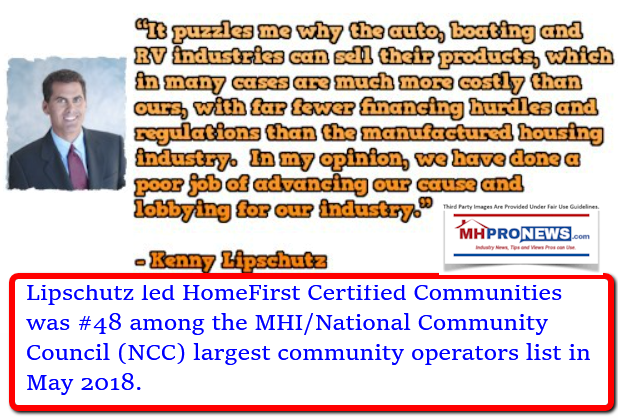
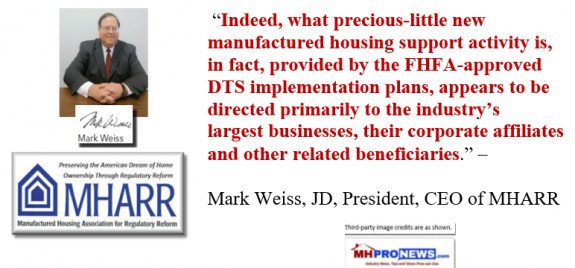
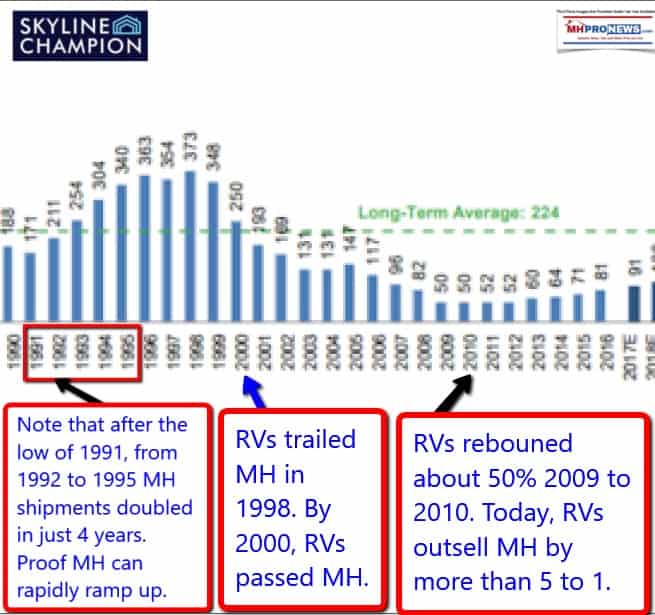
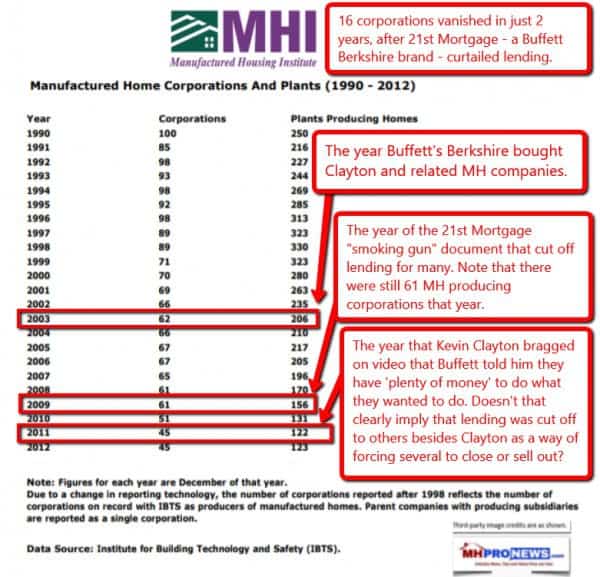
There are going to be some in the community sector who oppose constructing more communities. Sad, but there it is, and the evidence is linked in the next report, linked from the text image box below. But to reflect why this thinking is shorter-term and flawed, imagine what would happen to the multifamily housing business if all new construction would halt. In a normal economy, due to the law of supply and demand, the cost of existing multifamily housing would steadily rise, but over time, to perhaps unsustainable levels. Why unsustainable? Because as cost of the buildings rise, rents will rise. If rents rise too high, then some of those properties may no longer perform for the investors and lenders that back those loans.
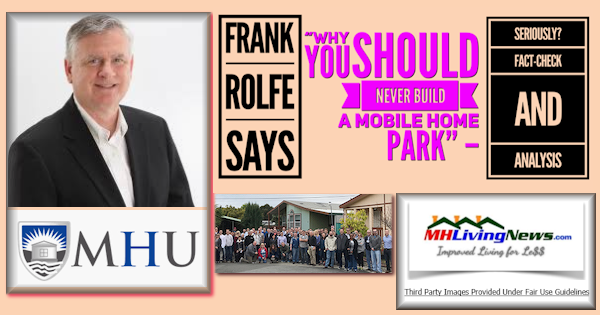
Its tangled, but also simple once the principles are understood.
- The market is demonstrably being manipulated to the benefit of the few, that’s the case several of the linked reports document.
- The free market must be restored.
- Those guilty of bad behavior that crosses legal lines ought to be lawfully held to account and punished.
- Where applicable, the breakup of giants that rigged the market along with fining them so that those harmed can be compensated makes legal and moral sense.
America has gone through such periods of the growth of so-called ‘trusts’ (monopolistic operations) and trust-busting or the use of antitrust laws. That’s why antitrust laws exist.
It may be too much to say that this period is ‘worse’ than some prior ones, save this point. With much of the media in the hands of huge conglomerates – Google, Facebook, and tech giants influencing tens of millions of Americans day-by-day – that gives the consolidators and monopolistic-minded the ability to influence politicians through donations, and influence the public discourse through media coverage. If that sounds conspiratorial, it isn’t. Rather, that is a fair reading of what media experts and intellectuals across the left-right divide have said for years.
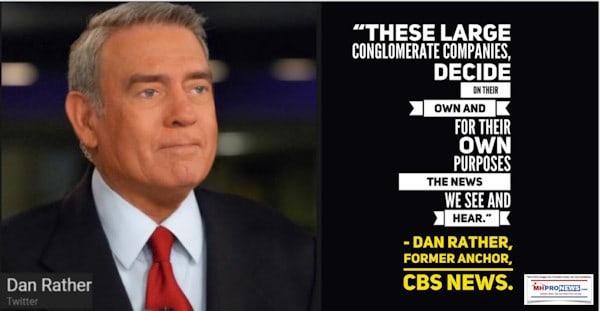
Voices across the Democratic and Republican political divides have come together to note the value of manufactured housing. A specific example is linked below.
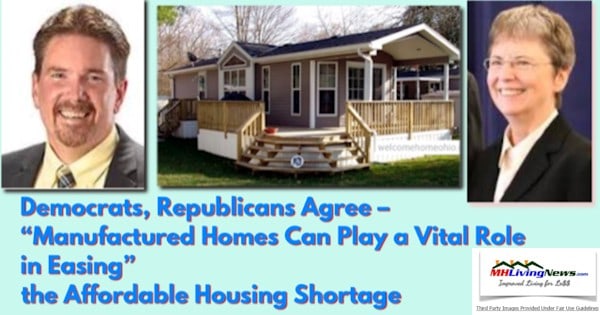
While HUD Secretary Julian Castro had good things to say about manufactured homes, it is hard not to acknowledge that the most active supporter in that role in the 21st century has been HUD Secretary Ben Carson.
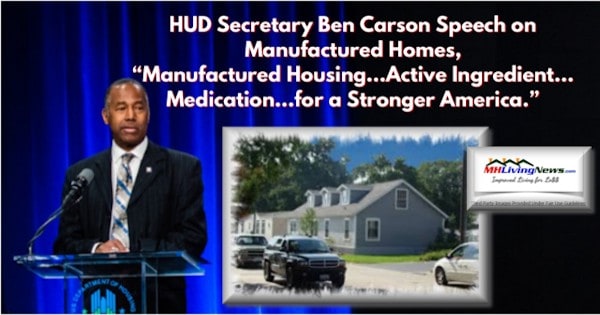
That said, there is an obvious hang-up at HUD. What the origin or source(s) of that internal road-block may be needs to be determined. Enhanced preemption isn’t being enforced. Why not? It is great that Secretary Carson has done so much, particularly in the past 6 months, to advance the cause of better understanding affordable, sustainable, and resilient manufactured homes.
But are Dr. Carson and/or others at HUD failing to enforce good laws like federal enhanced preemption for some reason? That federal enhanced preemption isn’t being routinely enforced is self-evident. The very problems that Sec. Carson describes are the reason that those laws were put in place. Ponder carefully what he said in this interview or the one that follows, and then ask why isn’t he promoting that aspect of federal law?
“We Seem to Have Lost Common Sense,” HUD Secretary Ben Carson – Homeless, Affordable Housing Crisis
We Seem to Have Lost Common Sense, HUD Secretary Ben Carson, Homeless, Affordable Housing Crisis, Enhanced Preemption, Manufactured Housing Improvement Act, MHIA, Martha MacCallum,
There are a few possibilities. Among them, Dr. Carson hasn’t been briefed on that law, or has for some reason felt constrained from using that power at HUD’s disposal.
If Dr. Carson doesn’t know, our sources tell us that at HUD the following ‘absolutely’ do know.
- Brian Montgomery,
- Teresa Payne,
previously at HUD:
- Pam Danner,
- Henry S. Czauski,
- William “Bill” Matchneer,
- Edward Golding (now with the Urban Institute),
- Lois Starkey, and
- Tom Heinemann among others we won’t go into at this time.
Some of these people have clear current and/or past ties or connections to MHI, or in the case of Heinemann, to MHI, HUD, a GSE, and to the National Association of Manufactured Housing Community Owners (NAHMHCO).
It smells to high heaven of the ‘revolving door’ in Washington, D.C. doesn’t it?
That may be why some lawmakers and regulators may be timid about doing such an inquiry. But let’s be clear. It is entirely likely that such investigations will make some on both sides of the political aisle look bad. So, let the feathers fly.
Which is why such public hearings should be done with a minimum of posturing and grandstanding. It can start by asking Secretary Carson, Brian Montgomery, Teresa Payne and others now at HUD under oath what they know about enhanced preemption and other laws, and when they learned it? Then, why isn’t enhanced preemption being routinely enforced, which former HUD staffer Bill Matchneer said he tried to get done?
https://www.manufacturedhomepronews.com/bombshells-former-hud-manufactured-housing-program-administrator-bill-matchneer-cavcos-manuel-santana-statements/
As a final note, we have a source at the White House that told MHProNews on a conference call that they are aware of enhanced preemption and are studying it. What happens next may be either a good, bad, or meh reflection on 1600 Pennsylvania Ave.
Good News for Thousands of Industry Independents?
There are examples at hand that the tangled web outlined above doesn’t have to be unwound to use some of these good laws immediately. Moreover, educational, marketing, and collaborative efforts with resident groups doesn’t require waiting for Washington or state lawmakers and bureaucrats to act. Indeed, some antitrust attorneys are already known to have looked at these issues with interest. They have told MHProNews that they see evidence for a potential case. More on that another time.
The bottom line is that there are reasons to digest the above and what is linked, and then contact lawmakers and public officials. Bob Van Cleef has done so. This writer has done so, and will do more. Those public officials who have looked at this have come back with questions, but none have said, ‘nonsense.’ They too – on both sides the political aisle – are impressed by the evidence and logic of the ‘case.’ That arguably includes the case against Berkshire owned Clayton et al, but others too. After all, 2020 candidates have asked the CFPB to investigate Clayton and their related lending.
For a briefer snapshot of the case, with links to examples, see the executive summary further below.
For a clearer understanding of what could occur are found in other reports linked below the byline, offers, and notices.
Enough said for today. Dig deeper. Don’t forget the sound advice of Matthew Kelly, “Superficiality is the curse of the modern world.” The tangled web wasn’t created overnight, nor will it be unraveled instantly. Elephants are eaten, one bite at a time.
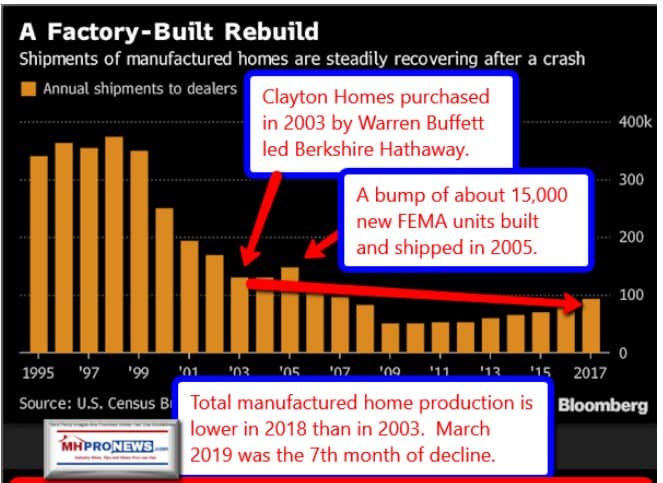
But when we ponder what the potential for the industry is, how many millions of Americans the industry could be better serving, also how taxpayers could benefit, the effort is worth it.
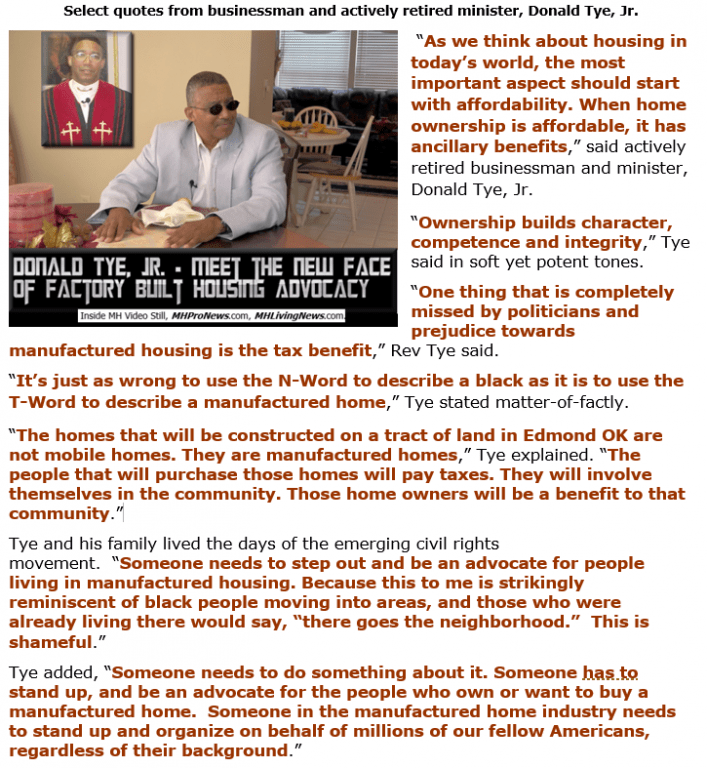
In God we trust, all others – including ourselves – require evidence. But once the evidence is laid out, the time to act accordingly logically follows. For those serious about solving the affordable housing crisis and restoring the greatness of manufactured homes, this is a resonable place to start. “We Provide, You Decide.” © ## (News, analysis, fact-checks, and commentary. See Related Reports, further below. Text/image boxes often are hot-linked to other reports that can be access by clicking on them. Third-party images and content are provided under fair use guidelines.)
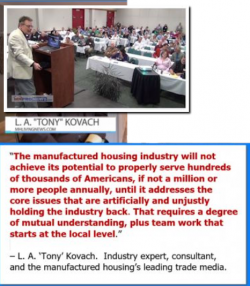 By L.A. “Tony” Kovach – for MHProNews.com.
By L.A. “Tony” Kovach – for MHProNews.com.
Tony earned the Lottinville Award in history from the University of Oklahoma. He has earned multiple awards in manufactured housing and in history. He’s a managing member of LifeStyle Factory Homes, LLC, the parent company to MHProNews, and MHLivingNews.com.
Office 863-213-4090 |Connect on LinkedIn: http://www.linkedin.com/in/latonykovach
Sign Up Today!

Click here to sign up in 5 seconds for the manufactured home industry’s leading – and still growing – emailed headline news updates.
Related References:
The text/image boxes below are linked to other reports, which can be accessed by clicking on them.
Manufactured Housing Institute Fine New Manufactured Home Industry Promoting Video, Insights & Usefulness
Manufactured Housing Institute, MHI, Logo, New, Manufactured Home, Industry, Promoting, Video, HUD, Secretary Ben Carson, Brian Montgomery, Richard ‘Dick’ Jennison, Brian Cira, Joe Stegmayer, Mark Yost, Cavco Industries, Skyline Champion,
Smoke, Mirrors, Razzle Dazzle vs. Measurable Performance and Profitable Results
